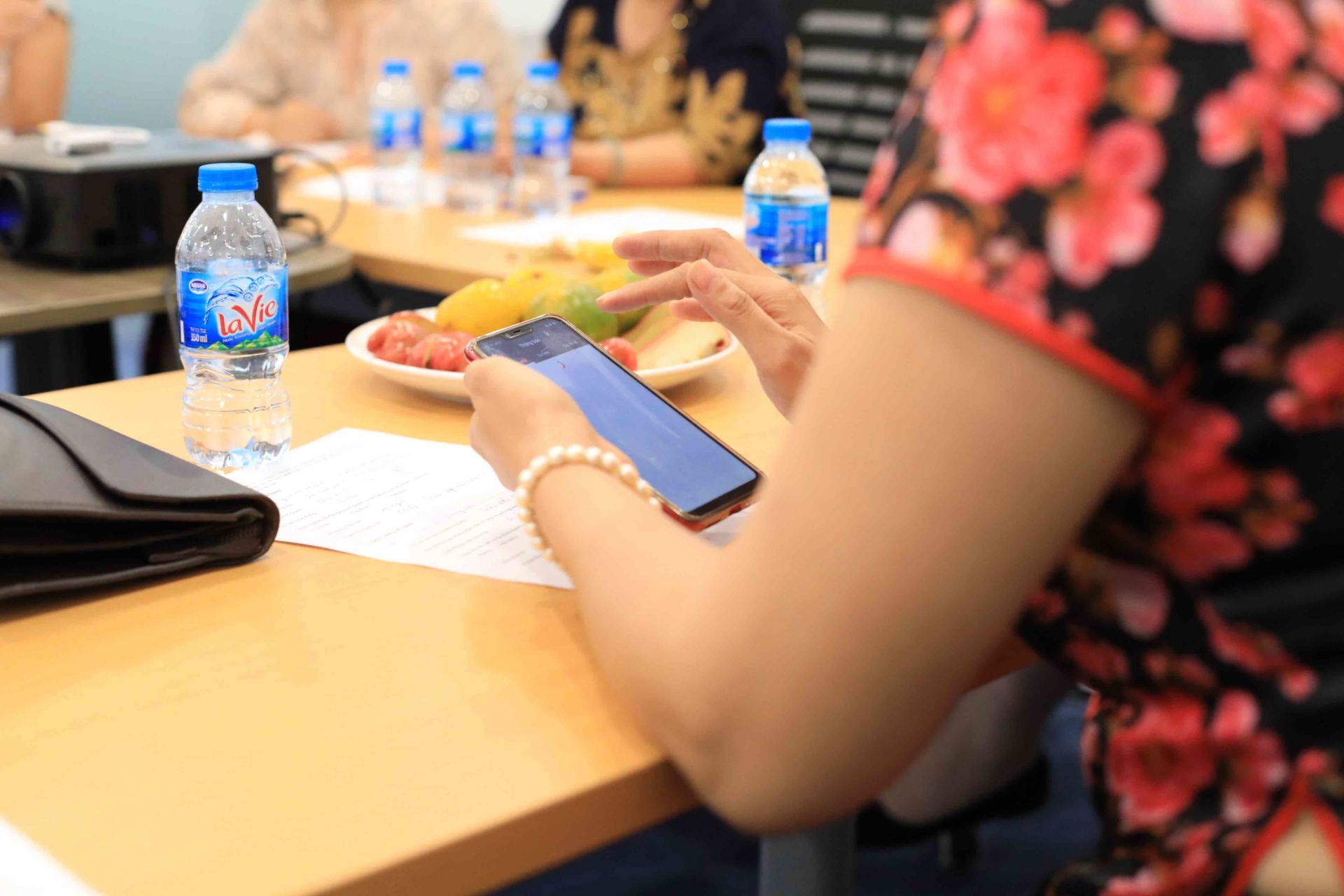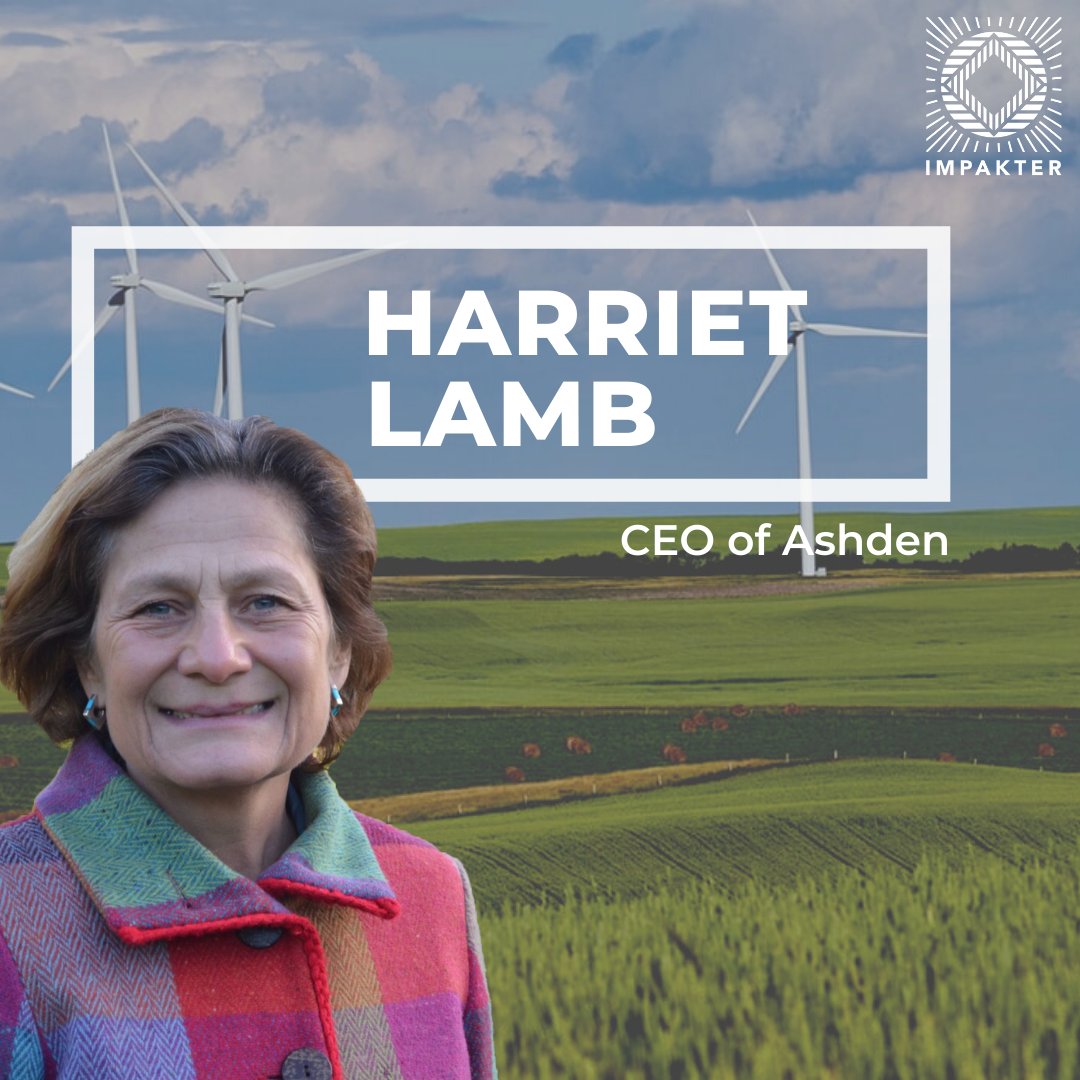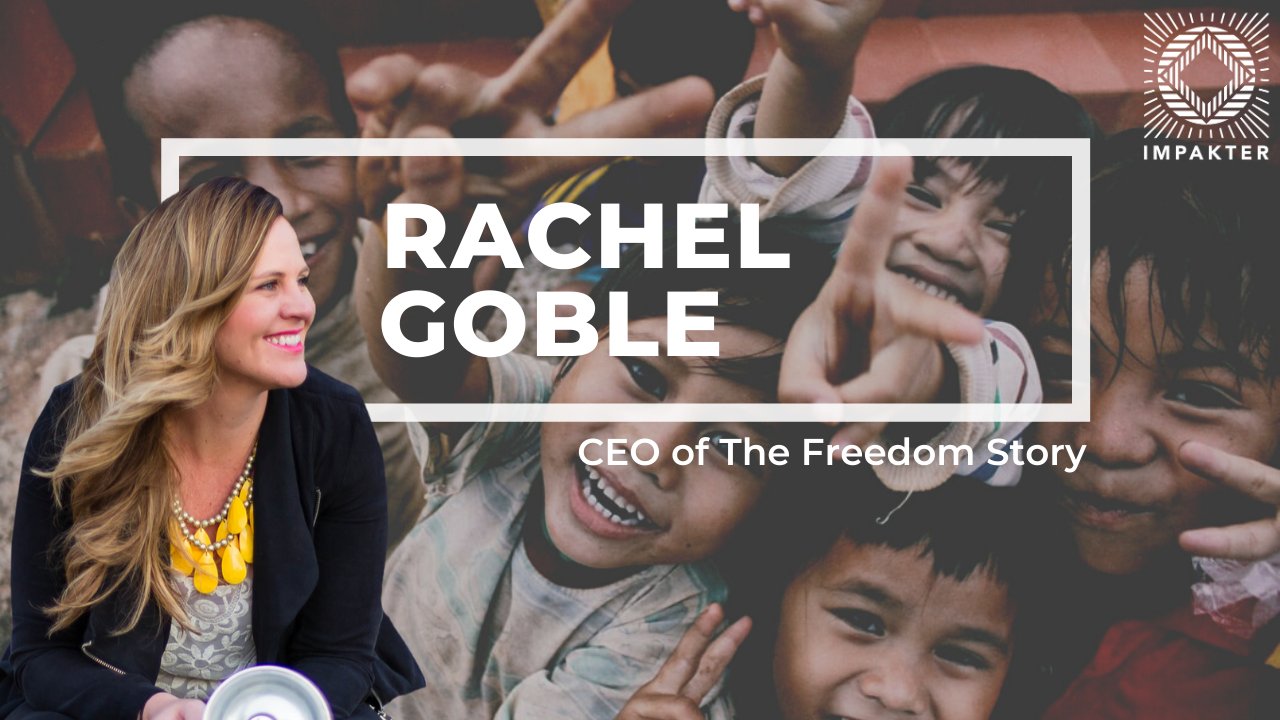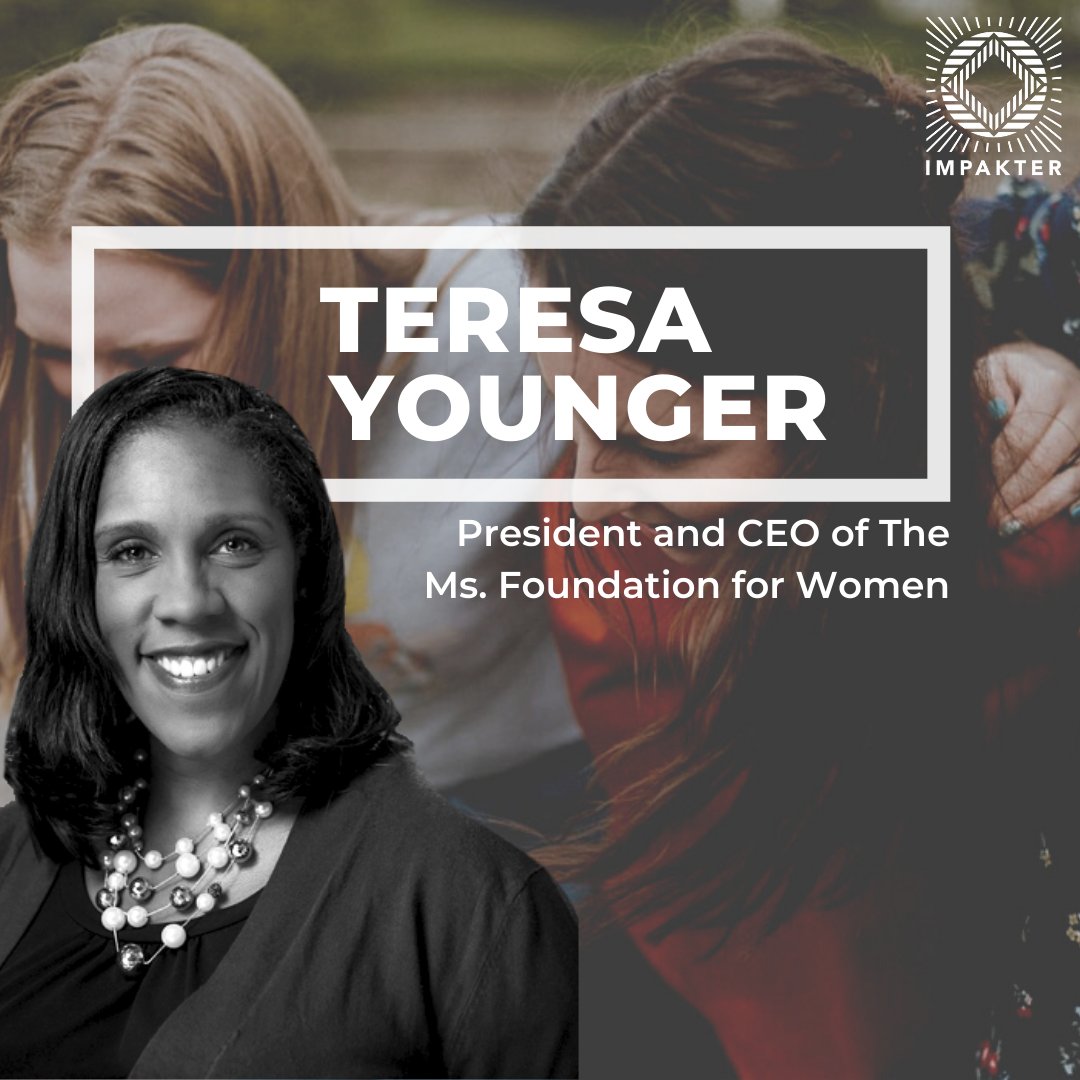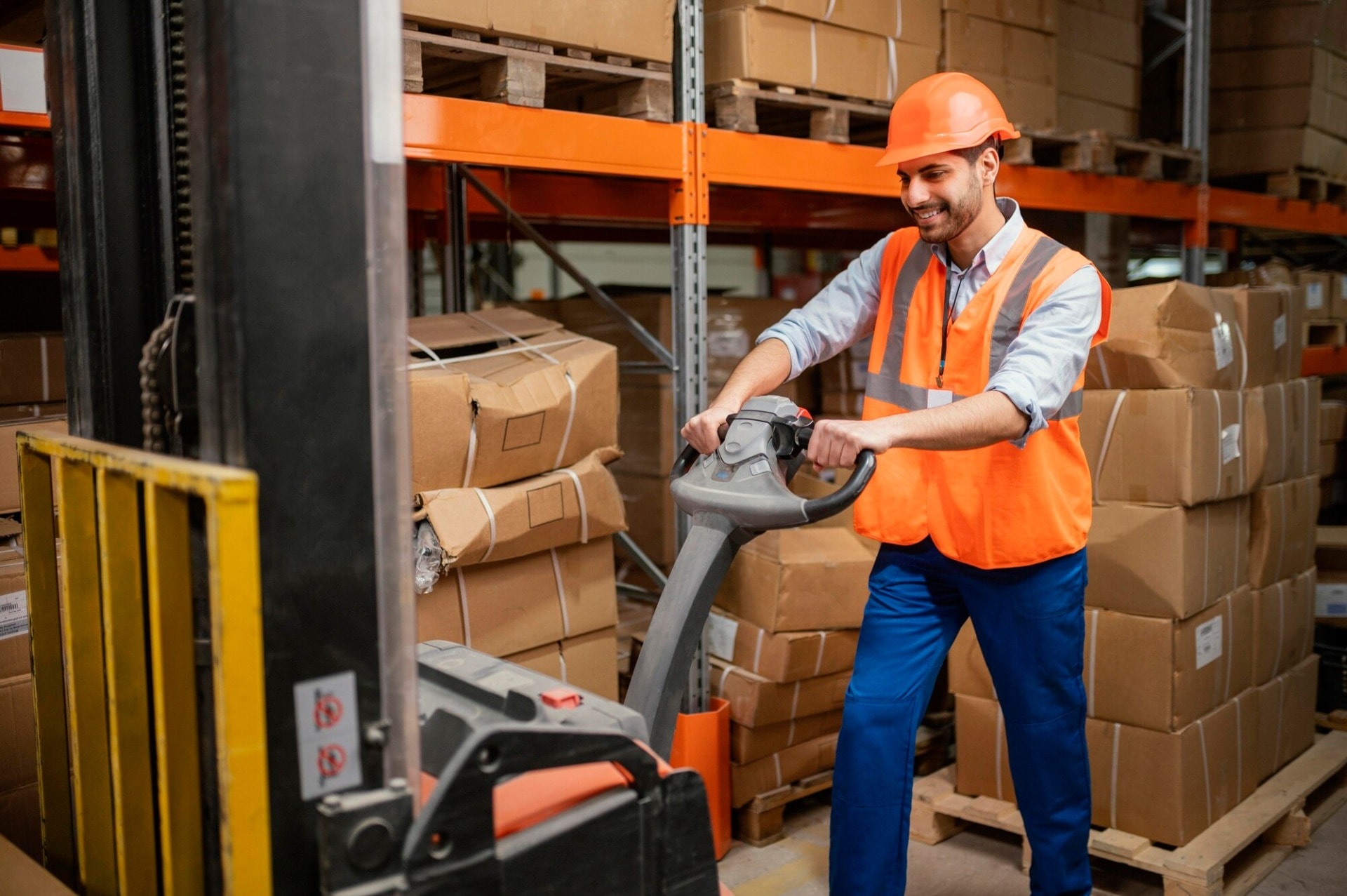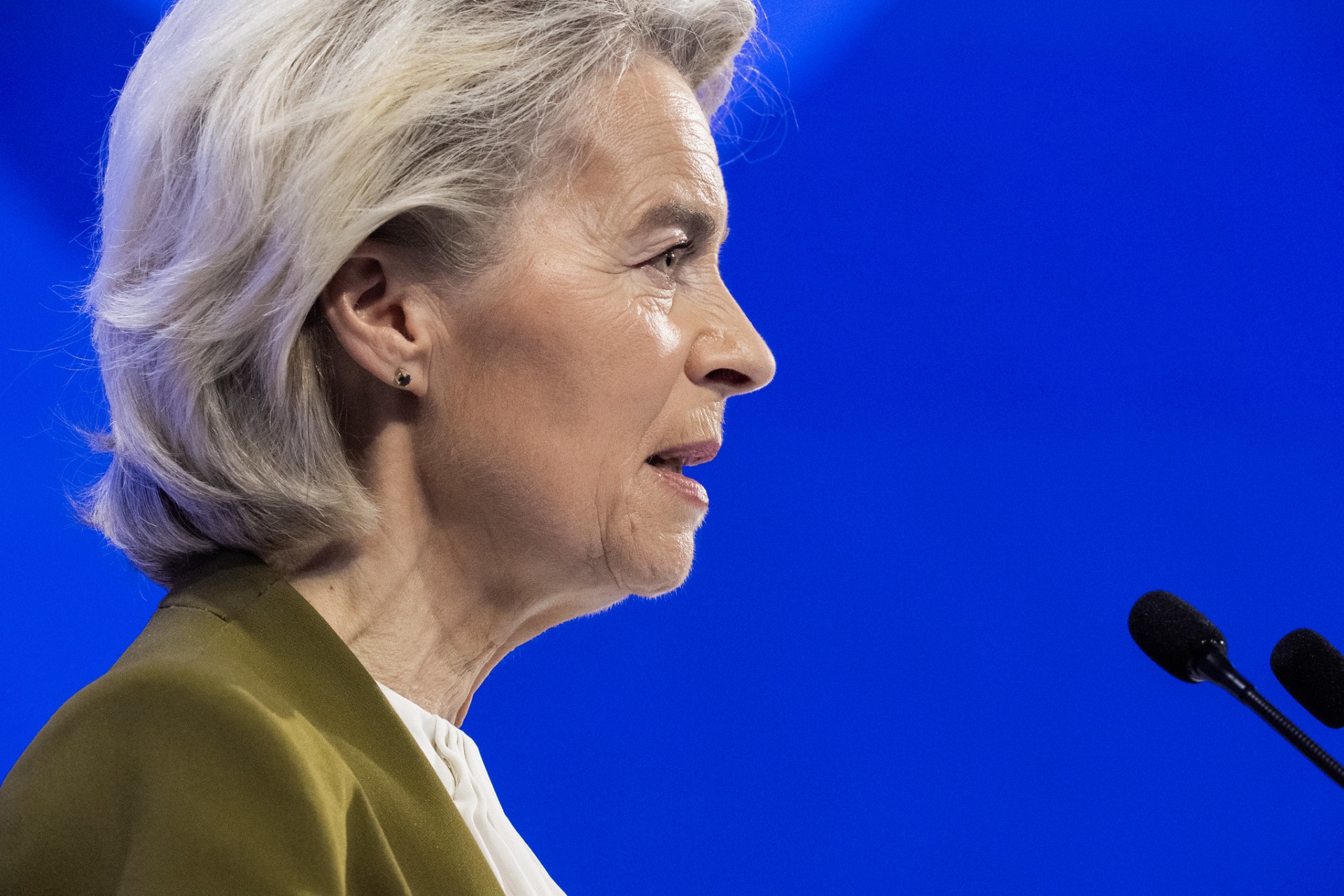Helen McEachern is the current CEO of the Cherie Blair Foundation, which is an organization that helps women to empower themselves in their professional life while giving them the support to start their own business.
Helen reached this position, in 2017, after having worked for 20 years in international NGOs like Greenpeace and ActionAid International where she held senior leadership positions. She was also involved at ActionAid UK for 6 years where she was the director of fundraising.
Helen McEachern always fought for championing social justice, gender equality and human rights, three motivations that lead her work at the Cherie Blair Foundation. Indeed, she launched a new strategy at the horizon 2022 which is to “empower over 100,000 women and girls in low and middle-income countries”.
I recently had the opportunity to speak to Helen about her work and thoughts on women empowerment and rights, and about how she is shaping her future.
The Cherie Blair Foundation for Women empowers and invests in women entrepreneurs and in 2017 you were appointed the CEO, why is it so significant to have women be entrepreneurs? What does your foundation do to equip women for succeeding in the traditionally insular business world?
Helen McEachern: Potentially $5 trillion USD is missing from the global economy through the lost potential of women. But more important still are the social benefits that can be achieved through women’s equal access to entrepreneurship skills and resources. We know that with financial independence comes increased bargaining power for women in families and communities. It also enables agency thus reducing violence and other forms of exploitation and reductions in poverty or the risk of poverty as families can plan for the future. And when women’s income grows, they invest more in their families increasing wellbeing of children through education and health.
The Foundation focuses on creating and implementing a variety of women-focused development programmes and personalised support services that level the playing field for women entrepreneurs. These programmes give them access to business and financial skills and access to networks and markets that they need to create, sustain, and grow a business.
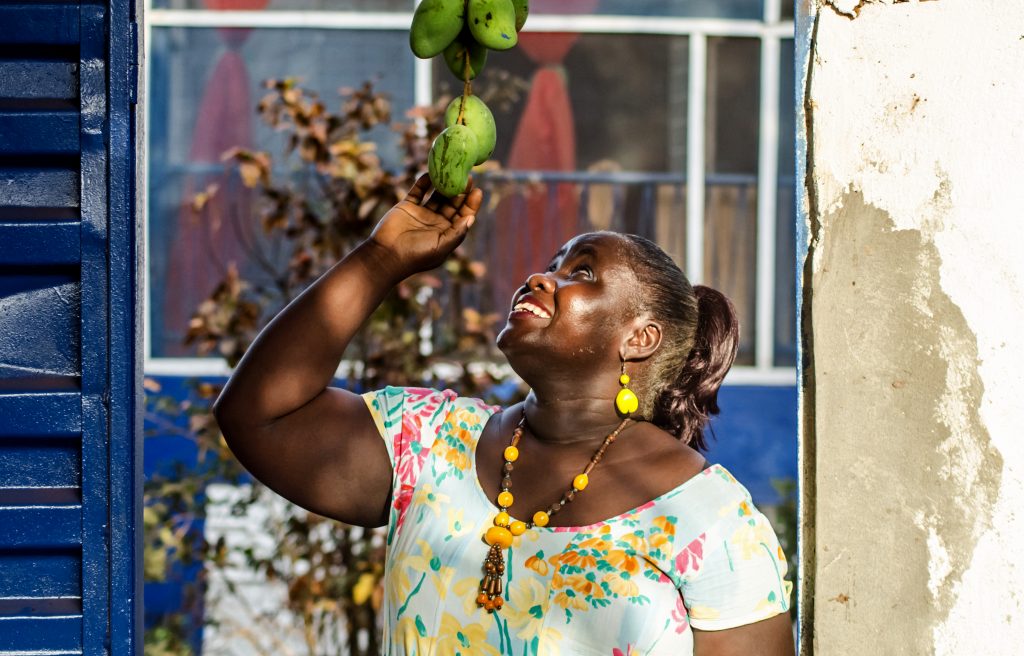
Currently, many countries have a spike in gender-based violence and draconian policies towards women, as a long-time women’s rights activist, what are your thoughts on the contemporaneous state of women in your home country of England as well as globally? And more specifically, what changes are you advocating for in the government as well as culturally to make spaces more conducive for women leaders and entrepreneurs?
Helen McEachern: We have seen some positive movement on domestic violence legislation in the UK, but there is no denying gender-based violence is a global pandemic. One in three women will experience it in their lives. And when women and girls live in fear – everywhere from walking down the street to their homes- we certainly have a problem. Governments need to legislate against all forms of gender-based violence and ensure their judicial systems are fit. We also need to ensure that violence against women and girls is not just seen as a criminal justice issue but also public health, education, and welfare issue.
You have extensive experience working with international NGO’s, such as serving as the fundraising manager for Greenpeace International— how have you seen the philanthropic ecosystem evolve? What have been the challenges of working in this sector and how have you overcome them?
Helen McEachern: We have seen enormous changes in philanthropy over the last twenty years. Inequality has driven a growth in the potential of high net worth individuals to make investments at an unprecedented scale with the likes of Buffet and Gates driving agendas in health and women’s rights. As there have been massive economic shifts globally we have seen a voluntary giving increase from non-western countries. Corporate giving has grown significantly and moved beyond tokens to strategic commitments to supporting delivery on the SDGs – including those that impact women.
The biggest challenge is the short-term nature of giving. Most donors only commit to one or two organizations at most. Social change takes time and not knowing if we have commitments beyond a year or two means charities perpetually face financial insecurity.
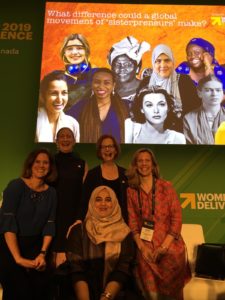
For other young women who want to follow in your steps of working for and consulting major organizations, what advice would you give them?
Helen McEachern: Get experience. Volunteer. Participate. Fundraise. If you want to work with a charity or civil society the best thing to do is become actively engaged in it. Qualifications are important, but without experience, it can be challenging to find a role that is really interesting. Be open about what you want to try in terms of different roles or departments when you are young so you can find what really suits both your passions but also your strengths.
In relation to our Shape Your Future video series, I would like to ask you one more question — one question to top all others and guide all of us:
“How do you shape your future?”




